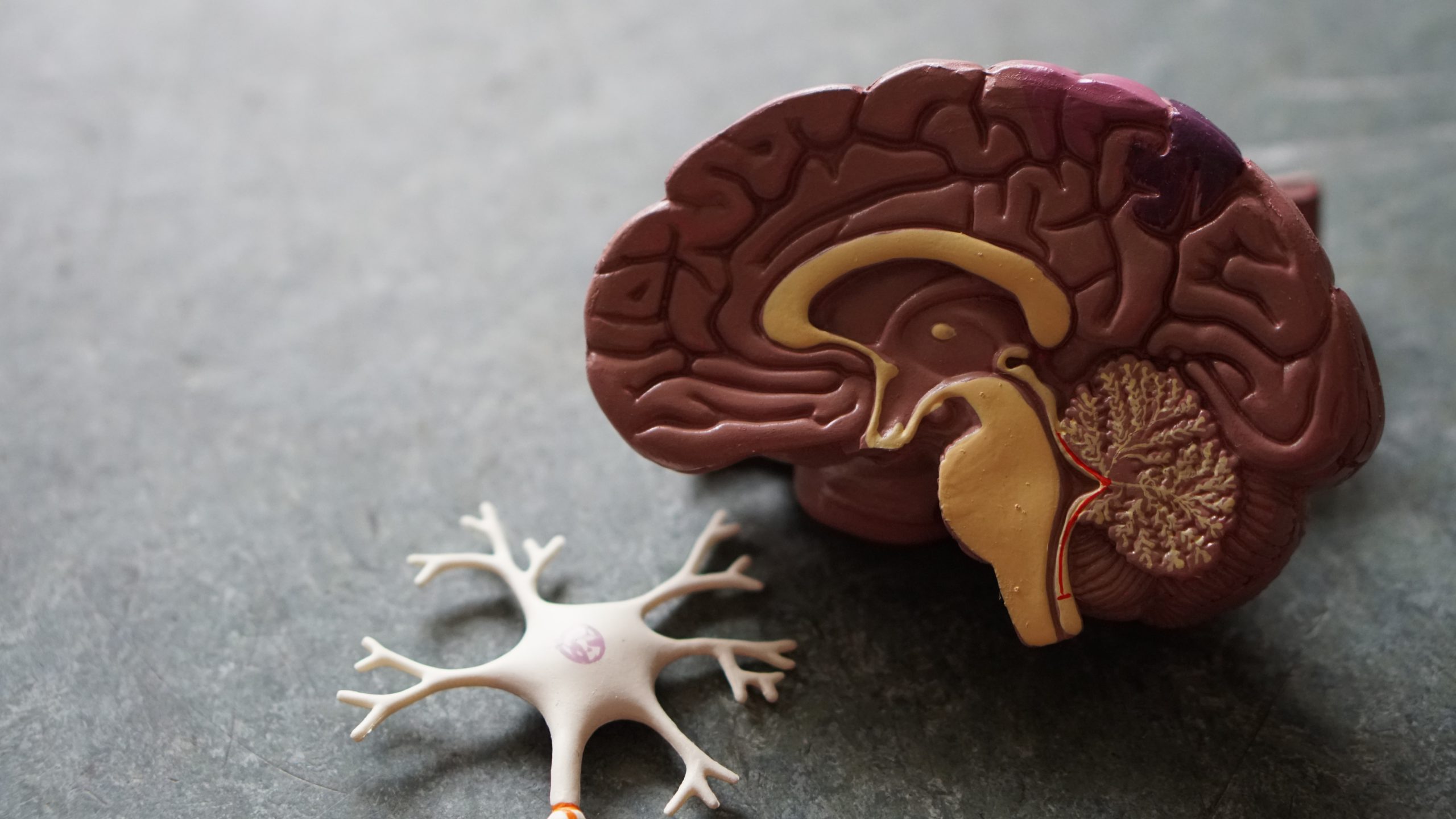A new study published in the Journal of Alzheimer’s Disease recently found an ‘indisputable’ link between the neurodegenerative disorder and composites excreted by gut bacteria.
Approximately 747,000 Canadians are living with Alzheimer’s or another form of dementia right now. Alzheimer’s is the most common cause of dementia and remains incurable to this day. This makes the relation between human gut bacteria and the nervous system (something science has already been studying for quite some time) that much more pertinent.
“Watching someone you love deal with Alzheimer’s disease is very tough. Though they may not seem so bad physically, you know everything is not okay inside, and it becomes visible over time. It’s very hard knowing you can’t do much to help,” says fourth-year health studies student Jeevan Singh, whose grandmother had Alzheimer’s.
At the helm of this new research is neurologist Giovanni Frisoni, director of the University Hospitals of Geneva’s (HUG) Memory Centre in Switzerland and professor at the Department of Rehabilitation and Geriatrics of the U niversity of Geneva’s (UNIGE) Faculty of Medicine.
“We have already shown that the gut microbiota composition in patients with Alzheimer’s disease was altered, compared to people who do not suffer from such disorders. We have also discovered an association between an inflammatory phenomenon detected in the blood, certain intestinal bacteria and Alzheimer’s disease; hence the hypothesis that we wanted to test here: could inflammation in the blood be a mediator between the microbiota and the brain?” stated Frisoni.
There are numerous pathways through which functioning in the brain can be influenced by intestinal bacteria and have an impact on neurodegeneration. These pathways can have an effect on the immune system as well and can consequently change the interaction between the immune system and nervous system.
A protein known as lipopolysaccharides, which is located on the membrane of bacteria with pro-inflammatory properties, has been found in amyloid plaques and surrounding vessels in brains of people with Alzheimer’s disease.
The related intestinal microbiota also produced metabolites, which are substances formed to facilitate the metabolism. These metabolites have neuroprotective and anti-inflammatory properties that directly and indirectly affect brain functioning.
To put their hypothesis to the test, the authors of the study recruited 89 volunteers in the age range of 65-85, some of whom were healthy and some of whom were suffering from differing degrees of neurodegenerative impairments. Using a technology known as positron emission tomography (PET), participants’ brains were scanned for amyloid plaques, which are a big indicator for Alzheimer’s. Blood samples were also collected to test for gut bacteria metabolites.
Results showed that participants with more amyloid plaques in their brains were apt to have higher levels of lipopolysaccharides in their blood.
Study author Moira Marizzoni stated that “these results are indisputable: certain bacterial products of the intestinal microbiota are correlated with the quantity of amyloid plaques in the brain.”
“I think the results are incredibly encouraging. Knowing this information will allow us to help those who need it so much sooner. The thought alone of all the potential lives that could be saved by getting to the problem sooner through the information published in this study is very motivating to think about,” says third-year health studies student Josh Williams, who hopes to one day work with patients who have neurodegenerative conditions.
While the study yielded promising results, Frisoni reminds the public not to rejoice too quickly, as this information itself will not directly lead to a cure. What it will do, he explained, is enable more effective identification for people at risk of developing neurodegenerative conditions like Alzheimer’s, allowing for earlier intervention.
“We must first identify the strains of the bacterial cocktail,” says Frisoni. “Then, a neuroprotective effect could only be effective at a very early stage of the disease, with a view to prevention rather than therapy.”


